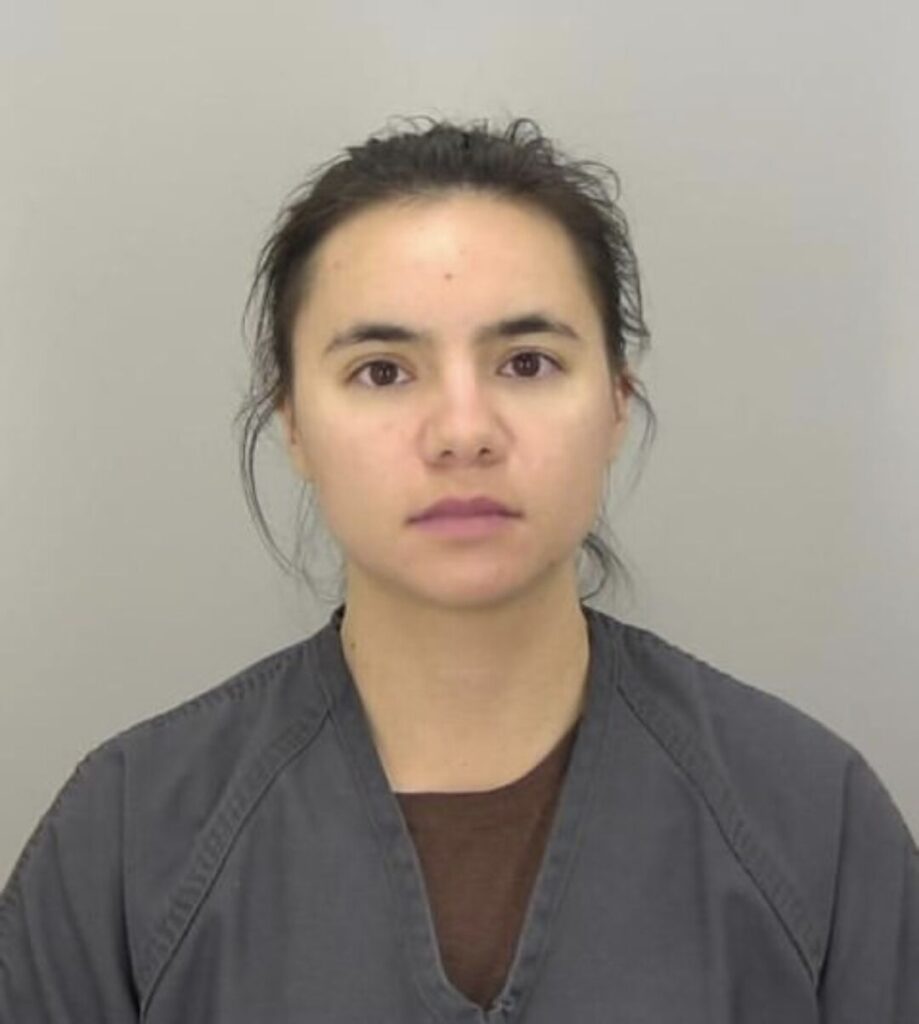Robert Ray’s murder convictions upheld despite numerous errors, Colorado Supreme Court rules
The Colorado Supreme Court on Monday declined to grant a new trial to a man convicted for orchestrating a pair of 20-year-old murders in Aurora, despite identifying numerous errors at his trial.
Arapahoe County jurors convicted Robert Keith Ray for the 2005 slayings of Javad Marshall-Fields and Vivian Wolfe. He received a death sentence and remained on death row until 2020, when the legislature abolished capital punishment and Gov. Jared Polis commuted his sentence to life imprisonment.
In the June 23 opinion, Justice William W. Hood III acknowledged Ray’s 2009 trial contained multiple errors, largely revolving around improperly admitted evidence that was more inflammatory than relevant. However, the Supreme Court believed the problematic evidence was harmless given the large amount of information jurors heard.
“The fact that this was a lengthy trial that included many witnesses and voluminous evidence also minimized the prejudicial impact these handful of errors might have had,” Hood wrote.
Lengthy postconviction proceedings — with the abolition of capital punishment occurring while the case was pending — meant the Supreme Court’s decision in 2025 was its first opportunity to issue a comprehensive opinion about Ray’s trial. Although another man, Sir Mario Owens, was convicted for being the gunman, prosecutors asserted Ray arranged for the murders in order to prevent Marshall-Fields from testifying about a related shooting the summer prior in Lowry Park.
Among the defense’s concerns were the prosecution’s repeated use of the N-word in court while quoting Ray; its emphasis on Ray’s tattoo of a rap lyric, “Crime Payz in 999 Wayz”; extensive testimony about the victims; and roughly one-third of the trial being dedicated to the already adjudicated Lowry Park shooting.
“This is concerning,” said Justice Richard L. Gabriel during oral arguments in January. “It may well be you can say there’s overwhelming evidence that Mr. Ray coordinated these murders. That may be. But there was a lot of evidence that came in that I’m mystified.”
Previously, the Supreme Court decided Owens’ appeal and upheld his convictions for killing Wolfe and Marshall-Fields, who was the son of Arapahoe County commissioner and former state legislator Rhonda Fields. Considering Ray’s appeal, however, several of the justices seemed alarmed by decisions the prosecutors and trial judge made that were unique to his prosecution.
Hood, in the court’s opinion, agreed then-District Court Judge Gerald J. Rafferty made mistakes in admitting some evidence.
First, Hood explained that evidence of the initial Lowry Park shooting was relevant to show Ray’s motive for orchestrating the later Dayton Street killings. However, the “sheer volume of evidence” about Lowry Park created a risk that jurors would render a verdict based on the Lowry Park shooting, and not the charges specifically for Dayton Street.
“The evidence from the Lowry Park shooting that was necessary to establish Ray’s motive for the Dayton Street shooting could have been introduced in perhaps two days, rather than through a multitude of witnesses over two weeks,” Hood wrote.
But “despite our misgivings about the quantity of evidence,” the Supreme Court did not believe the Lowry Park evidence was “enough to substantially influence the verdict,” he added.
Second, the court agreed a threat Ray made to a witness was problematic because he was never charged for that threat and there was no direction for jurors about what to do with that information. But Hood explained the prosecutor’s closing argument helped “minimize the potential prejudice” of the improper testimony.
Third, testimony that Ray gave a witness a black eye “served only to further portray Ray as a generally violent person,” wrote Hood, before concluding the brief mention of the injury during the four-week trial made it “less significant.”
Fourth, the Supreme Court believed evidence of Ray’s “Crime Payz in 999 Wayz” tattoo was inadmissible because it was not relevant to the charges. The prosecutor also made an “inappropriate” comment in closing argument that the tattoo showed Ray’s “attitude towards his case,” Hood noted. Still, as with the other improper evidence, the Supreme Court concluded the tattoo’s appearance was too brief to make a difference.
Fifth, evidence about Marshall-Fields having a dream about death and witnesses’ sympathetic testimony about the lives of Marshall-Fields and Wolfe were inappropriate during the guilt phase of the trial, but were likewise a “relatively small portion.”
Finally, the court concluded the prosecution’s repeated use of the N-word in quoting Ray may have been misconduct, but it was not “glaringly improper.”
“So, although we strongly condemn any prosecutor’s use of language that may encourage reliance on racial prejudices,” Hood wrote, “we conclude that the comments didn’t so undermine the fundamental fairness of the trial as to cast serious doubt on the reliability of the conviction.”
The court rejected Ray’s other arguments on appeal and also determined the cumulative effect of all of the errors did not deprive him of a fair trial.
Ray’s defense attorneys did not immediately respond to a request for comment.
Justice Carlos A. Samour Jr. did not participate in the appeal. As a former Arapahoe County trial judge, he briefly handled Ray’s case following the convictions.
The case is People v. Ray.
Colorado Politics Must-Reads:














